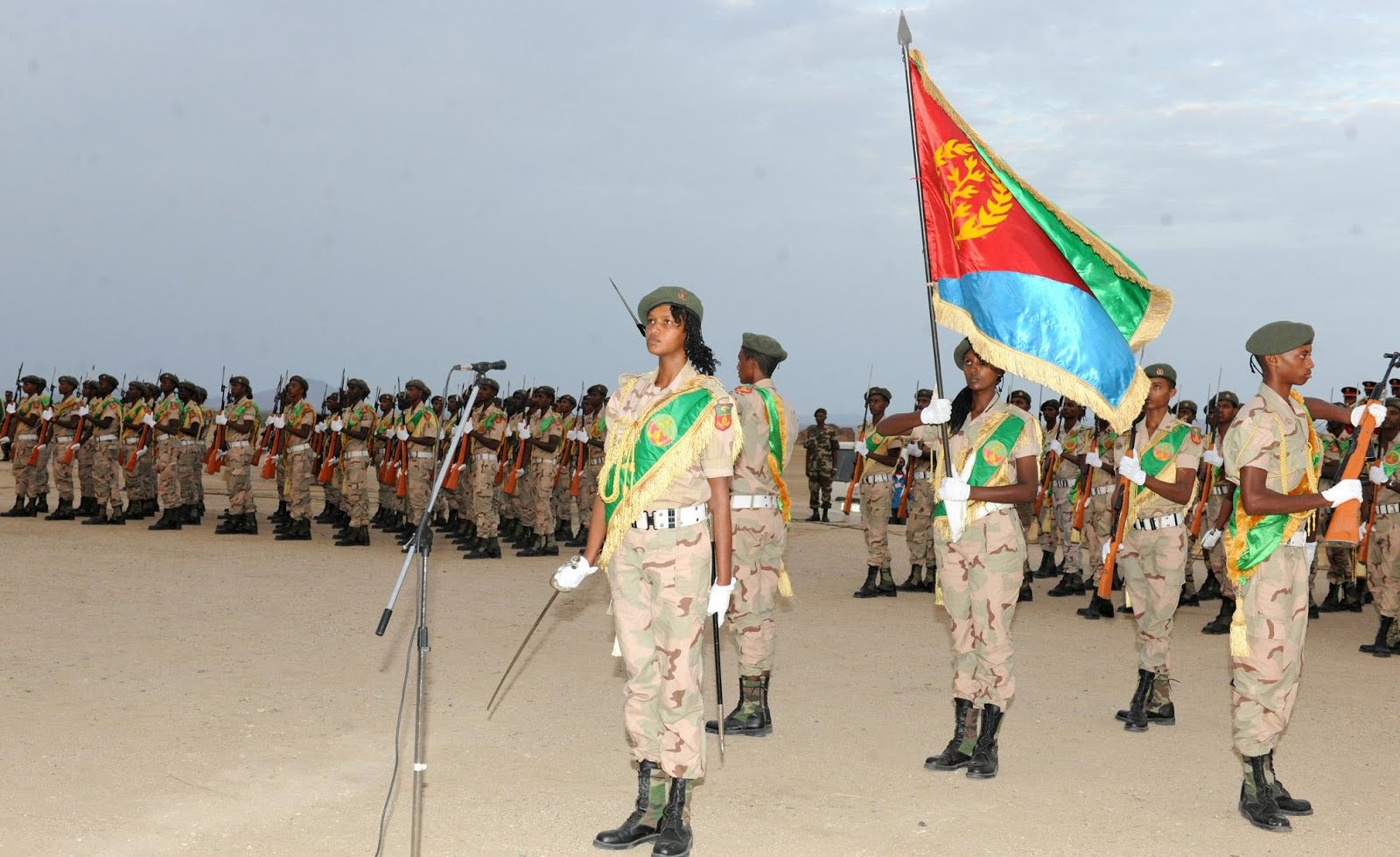priceless-stories.org – Eritrea, a small nation in the Horn of Africa, has a military that plays a crucial role in both its domestic and foreign policies. Since gaining independence from Ethiopia in 1993, Eritrea has developed a robust defense force to safeguard its sovereignty and territorial integrity. The Eritrean military is a product of the protracted struggle for independence and continues to be a key component of the country’s national security apparatus.
The Structure of Eritrea’s Military
The Eritrean Defense Forces (EDF)
The Eritrean Defense Forces (EDF) are the principal military organization responsible for the defense of Eritrea. The EDF is composed of various branches, including the army, navy, and air force, with the army being the largest and most active component.
Military Leadership
The Eritrean military is led by the Minister of Defense, who is appointed by the President of Eritrea. The President, as the commander-in-chief, has overall authority over the military and plays a significant role in shaping defense strategies and policies.
Defense Strategies and Doctrine
Territorial Defense
Eritrea’s primary defense strategy focuses on territorial defense, given its history of conflict and border disputes with neighboring countries, particularly Ethiopia and Djibouti. The EDF is structured and trained to defend the country’s borders and respond to potential threats.
Military Conscription
Eritrea maintains a large standing army through a system of national service, which requires all citizens to serve in the military for an extended period. This policy ensures a high level of military readiness and a significant reserve force that can be mobilized in times of conflict.
Regional Security Concerns
Eritrea’s defense strategies also consider broader regional security concerns, including the threat of terrorism, piracy, and instability in the Horn of Africa. The Eritrean military collaborates with regional and international partners to address these challenges and maintain security in the region.
Military Capabilities
Army
The Eritrean Army is the backbone of the EDF, equipped with a range of conventional weapons and trained in guerrilla warfare tactics, which were honed during the struggle for independence. The army is organized into various divisions and is capable of conducting both defensive and offensive operations.
Navy
The Eritrean Navy is a smaller branch of the military, tasked with patrolling the country’s coastline and ensuring maritime security. The navy operates a limited number of vessels and focuses on anti-piracy and border control operations.
Air Force
The Eritrean Air Force is the least developed branch of the military but plays a crucial role in surveillance and providing air support to ground forces. The air force operates a mix of fighter aircraft, transport planes, and helicopters.
Challenges and Future Directions
Economic Constraints
One of the significant challenges facing Eritrea’s military is the country’s limited economic resources. The government must balance its defense spending with other pressing needs, such as economic development and social services.
International Isolation
Eritrea’s international isolation has impacted its military capabilities, as it has limited access to advanced military technology and training from foreign partners. The country relies on a mix of older Soviet-era equipment and limited imports from other countries.
Modernization and Professionalization
Looking to the future, Eritrea’s military will need to focus on modernization and professionalization to maintain its effectiveness. This includes updating its equipment, improving training, and enhancing its command and control structures to meet the challenges of modern warfare.
Conclusion
Eritrea’s military is a critical component of the country’s national security, reflecting its history of conflict and its strategic location in the Horn of Africa. The Eritrean Defense Forces are structured to defend the nation’s borders and contribute to regional security, while also facing the challenges of economic constraints and international isolation. As Eritrea continues to navigate its complex security environment, the professionalization and modernization of its military will be essential for ensuring the country’s defense and stability.
